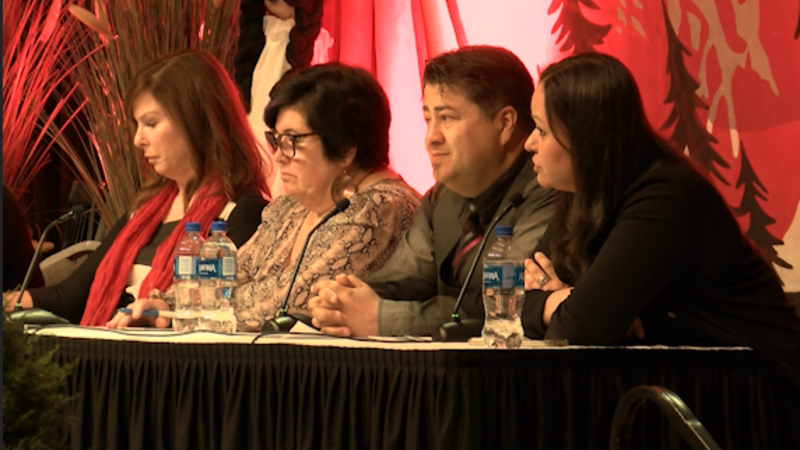
Treatment a challenge in rural BC
PRINCE GEORGE – Treatment.
That was the theme at the forum aimed at engaging Firsts Nations communities … rural and remote … that are dealing with addiction in their communities. And the panel heard loud and clear that transportation was a major hurdle to recovery.
“Especially in the remote communities that are going to have to have airfare flights, everything out, they’re trying to navigate airports, customs, Security, going through all of those things, as well as trying to go into a new location for healing that they have no idea what it’s going to be like with no coping mechanisms or anything in place and no support,” explains Jennifer Hearn, Health and Wellness Manager, Taku River Tlingit First Nation. “Right. So I often get phone calls because people are struggling.”
